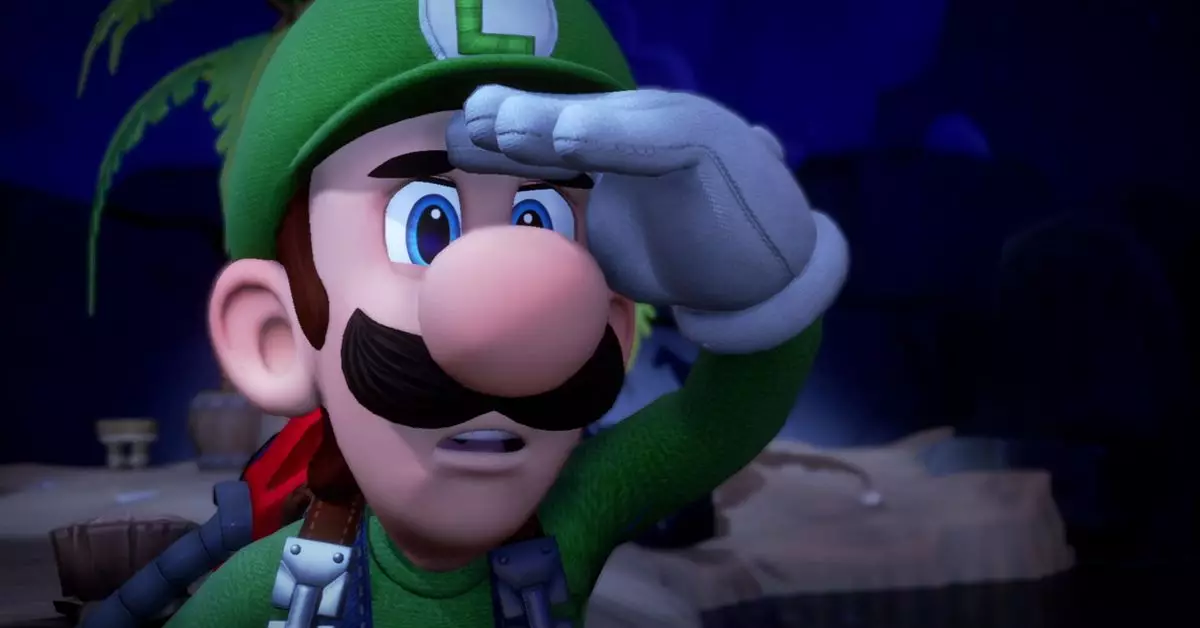Luigi, the often overshadowed brother of Mario, has long held a unique place in the hearts of gamers. While his taller sibling enjoys the spotlight, Luigi’s charm lies in his quirky demeanor and relatability. He is often depicted as goofy and fun-loving; however, recent events have cast a shadow over this reputation. The gaming community’s fondness for Luigi now raises questions about the implications of his name’s frequent appearance at significant gaming events, particularly after the crime attributed to Luigi Mangione, accused of murdering UnitedHealthcare CEO Brian Thompson. This contrast between the character and the man has created a complex narrative surrounding Luigi that extends beyond mere gaming lore.
Awesome Games Done Quick (AGDQ) 2025 served as a platform where Luigi’s name emerged prominently, not just as a popular choice but as a symbol. The speedrunning marathon aimed to raise awareness and funds for charity, yet the way Luigi was utilized struck a chord that resonated deeply within the community. Participants and viewers alike contributed funds to include Luigi’s name in various naming rights during gameplay. From Pokémon: Let’s Go Eevee to The Legend of Zelda: The Wind Waker, his name dominated donation bids, surpassing even the game titles themselves.
The remarkable figure of $18,000 raised solely from bids featuring Luigi speaks volumes about the character’s impact. It raises intriguing questions: Is this simply a testament to the meme culture that permeates gaming, or does it reflect a deeper sentiment in light of recent events? While it’s easy to argue that the engagement was part of a running joke, the sheer volume of support prompts critical analysis.
Reflecting on the role of memes in shaping cultural narratives within gaming, one can ponder the dual motivations behind the overwhelming support for Luigi. On one hand, the playful spirit of the gaming community thrives on inside jokes and lighthearted humor. Luigi’s character embodies that playfulness, and his name’s frequent use can be seen as a humorous homage. Yet, in the wake of Luigi Mangione’s actions, one cannot ignore the unintentional yet unsettling association that forms when a character’s popularity overlaps with a serious crime.
This duality suggests that gaming culture is not merely about escaping reality but intricately reflects societal changes. The gaming community’s relationship with characters like Luigi now carries an added weight—a blend of nostalgia and a nuanced commentary on morality.
As we navigate this intertwined narrative of Luigi’s legacy within the gaming community, it’s vital to recognize the waves of sentiment that influence both engagement and representation. While Luigi remains a beloved figure, the current associations provoke deeper discussions regarding character implications, community behavior, and the moral compass of gaming culture. It will take time to disentangle the humor from the seriousness surrounding Luigi’s name, but one thing remains clear: in the world of video games, even the simplest characters can carry profound meanings that reflect society at large.

